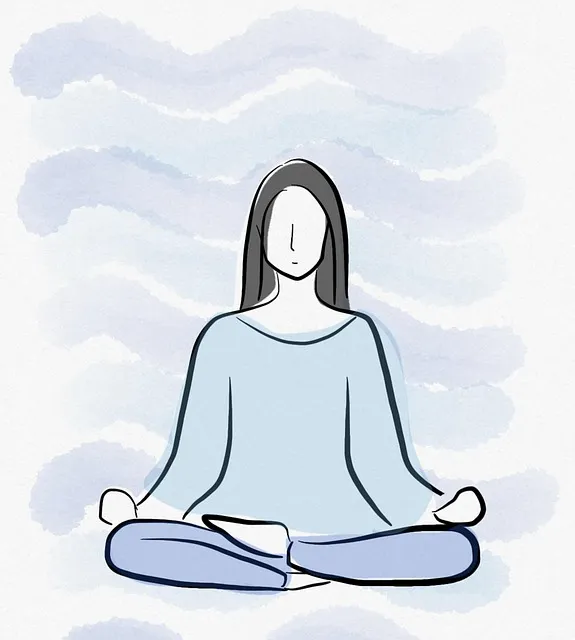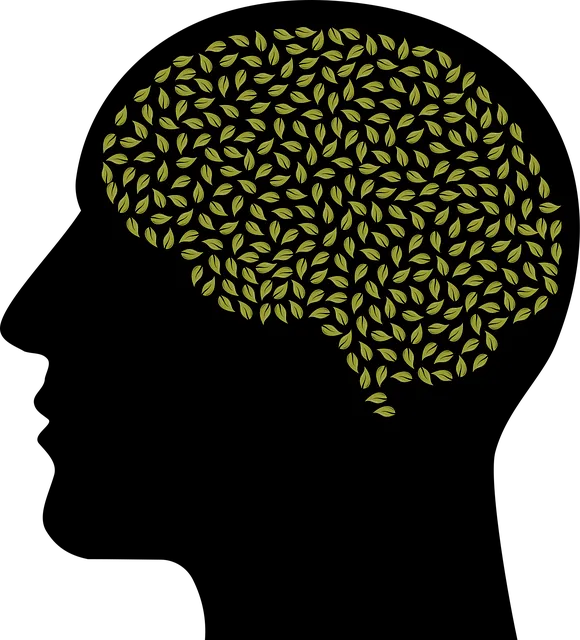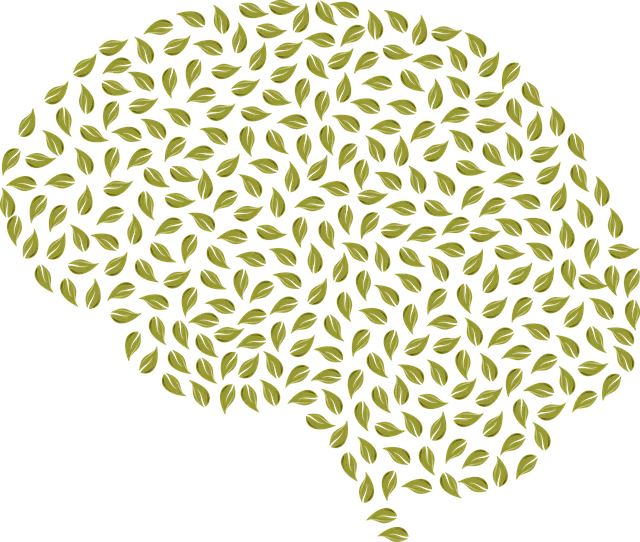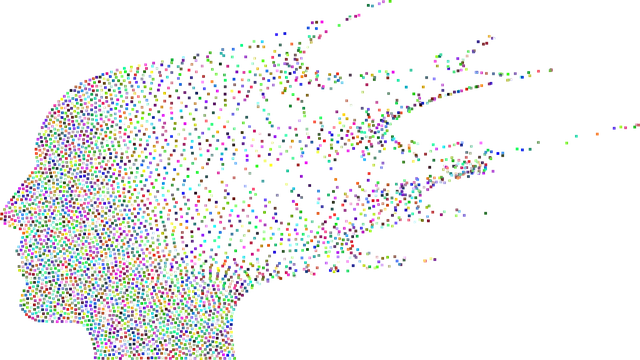Mental wellness journaling, recognized by Kaiser Permanente's training programs as a powerful tool, helps healthcare providers enhance mental health awareness and prevent burnout. By regularly documenting thoughts and experiences, individuals gain insights into their emotions, identify triggers, and develop adaptive coping mechanisms. This practice contributes to improved self-awareness, emotional regulation, and overall well-being, especially valuable in high-pressure healthcare settings. Through journaling, professionals can track progress, build resilience, and improve decision-making abilities, aligning with Kaiser Permanente's commitment to personalized and quality care.
Mental wellness journaling is a powerful tool for self-reflection and emotional growth. In today’s fast-paced world, taking time to process thoughts and feelings can be transformative. This article guides you through the practice, offering insights on understanding mental wellness journaling, unlocking its benefits, and setting up your personalized space. We’ll explore effective writing techniques and showcase how integrating this practice into daily life—even with Kaiser Permanente training programs’ emphasis on holistic health—can lead to profound personal growth and well-being.
- Understanding Mental Wellness Journaling: A Practice for Self-Reflection
- The Benefits of Journaling: Unlocking Emotional Awareness and Growth
- Setting Up Your Journal: A Personalized Space for Self-Expression
- Effective Writing Techniques for Powerful Journal Entries
- Integrating Journaling into Daily Life: Kaiser Permanente Training Programs and Golden Opportunities
Understanding Mental Wellness Journaling: A Practice for Self-Reflection

Mental wellness journaling is a powerful tool for self-reflection and personal growth. It involves setting aside time regularly to write about one’s thoughts, feelings, and experiences, providing an opportunity for introspection and understanding. This practice has gained prominence in various training programs, including those offered by Kaiser Permanente, which focus on enhancing mental health awareness among healthcare providers.
By documenting their emotional state and significant events, individuals can gain valuable insights into their mental wellness. It allows for the identification of patterns, triggers, and potential sources of stress or anxiety. This process is particularly beneficial in burnout prevention strategies for healthcare providers, helping them maintain resilience and a positive work-life balance. Through journaling, one can explore their emotions, challenge negative thought cycles, and develop more adaptive coping mechanisms, ultimately contributing to improved mental health and overall well-being.
The Benefits of Journaling: Unlocking Emotional Awareness and Growth

Journaling is a powerful tool that can significantly enhance mental wellness, as evidenced by many Kaiser Permanente training programs and initiatives. By committing thoughts to paper, individuals gain a deeper understanding of their emotions and thought patterns. This process allows for increased self-awareness—a key component in the Community Outreach Program Implementation aimed at fostering community well-being. Through regular journaling exercises, one can identify triggers for stress or anxiety and develop more effective coping skills, as recommended by mental health professionals.
The benefits extend beyond emotional awareness; it also encourages personal growth. By reflecting on experiences, individuals can learn from their successes and challenges, leading to improved decision-making and problem-solving abilities. This practice is a fundamental aspect of Self-Awareness Exercises designed to help people navigate life’s complexities with resilience and a positive mindset. Moreover, journaling provides an opportunity for individuals to track progress over time, fostering a sense of accomplishment and empowering them in their journey towards better mental health, much like the coping Skills Development programs promote.
Setting Up Your Journal: A Personalized Space for Self-Expression

Setting up your mental wellness journal is a powerful step towards prioritizing self-care and emotional well-being. Just as Kaiser Permanente training programs emphasize the importance of personalized care, your journaling space should be tailored to your unique needs and preferences. Start by choosing a quiet, comfortable area where you can dedicate time for introspection without distractions. This could be a cozy corner in your home or even a dedicated desk. Personalize your journal with meaningful prompts, quotes, or illustrations that resonate with you. Incorporate elements that inspire and motivate, such as inspirational quotes from the Golden Rule or positive affirmations.
This personalized space becomes a sanctuary for self-expression, where you can openly explore your thoughts and emotions through writing. The Mental Wellness Journaling Exercise Guidance encourages individuals to engage in regular self-reflection, which is pivotal for coping skills development. Through consistent practice, you’ll foster better stress management workshops organization within yourself, allowing for a more balanced and resilient mindset.
Effective Writing Techniques for Powerful Journal Entries

Engaging writing techniques can transform your mental wellness journal entries from mundane to powerful tools for self-reflection and growth. Start by employing descriptive language to paint vivid pictures with words, allowing you to relive experiences more intensely. Instead of simply stating “I felt sad,” try “My heart weighed heavy as a stone, and the shadows seemed to deepen around me.” This technique not only enhances your journal’s readability but also reinforces positive Kaiser Permanente training programs focused on emotional awareness.
Additionally, incorporate communication strategies by including dialogue or monologues that express your thoughts and feelings. This practice mirrors real-life conversations, fostering self-esteem improvement as you articulate your experiences with greater clarity. Consider using hypothetical scenarios to explore different perspectives, especially when reflecting on interpersonal interactions. Remember, the goal is to create an honest and reflective record of your mental wellness journey, making it a valuable resource for personal growth, much like the insights gained from Cultural Sensitivity in Mental Healthcare Practice.
Integrating Journaling into Daily Life: Kaiser Permanente Training Programs and Golden Opportunities

Integrating journaling into your daily routine can be a powerful tool, especially when guided by reputable programs like those offered by Kaiser Permanente. These training initiatives provide an excellent opportunity for mental health professionals to develop essential skills through self-reflection and empathy building strategies. By dedicating time each day to document thoughts, emotions, and experiences, practitioners can enhance their cultural sensitivity in mental healthcare practice.
Journaling allows individuals to process complex situations, reflect on interactions with clients, and even plan for effective risk management. The consistent practice fosters personal growth, ensuring professionals stay attuned to their own well-being—a crucial aspect of providing quality care. Kaiser Permanente’s training programs, rich in content, offer a golden chance for mental health workers to master these techniques, ultimately benefiting both their professional journey and the lives they support.
Mental wellness journaling is a powerful tool for self-discovery, offering significant benefits in emotional awareness and personal growth. By integrating this practice into daily life, as highlighted by Kaiser Permanente training programs, individuals can unlock their mental resilience and cultivate a deeper understanding of themselves. Through effective writing techniques, one can create profound journal entries that serve as a personal symphony of insights, fostering a sense of calm and enhancing overall well-being. Embrace the golden opportunity to embark on this transformative journey, where self-expression meets healing.






